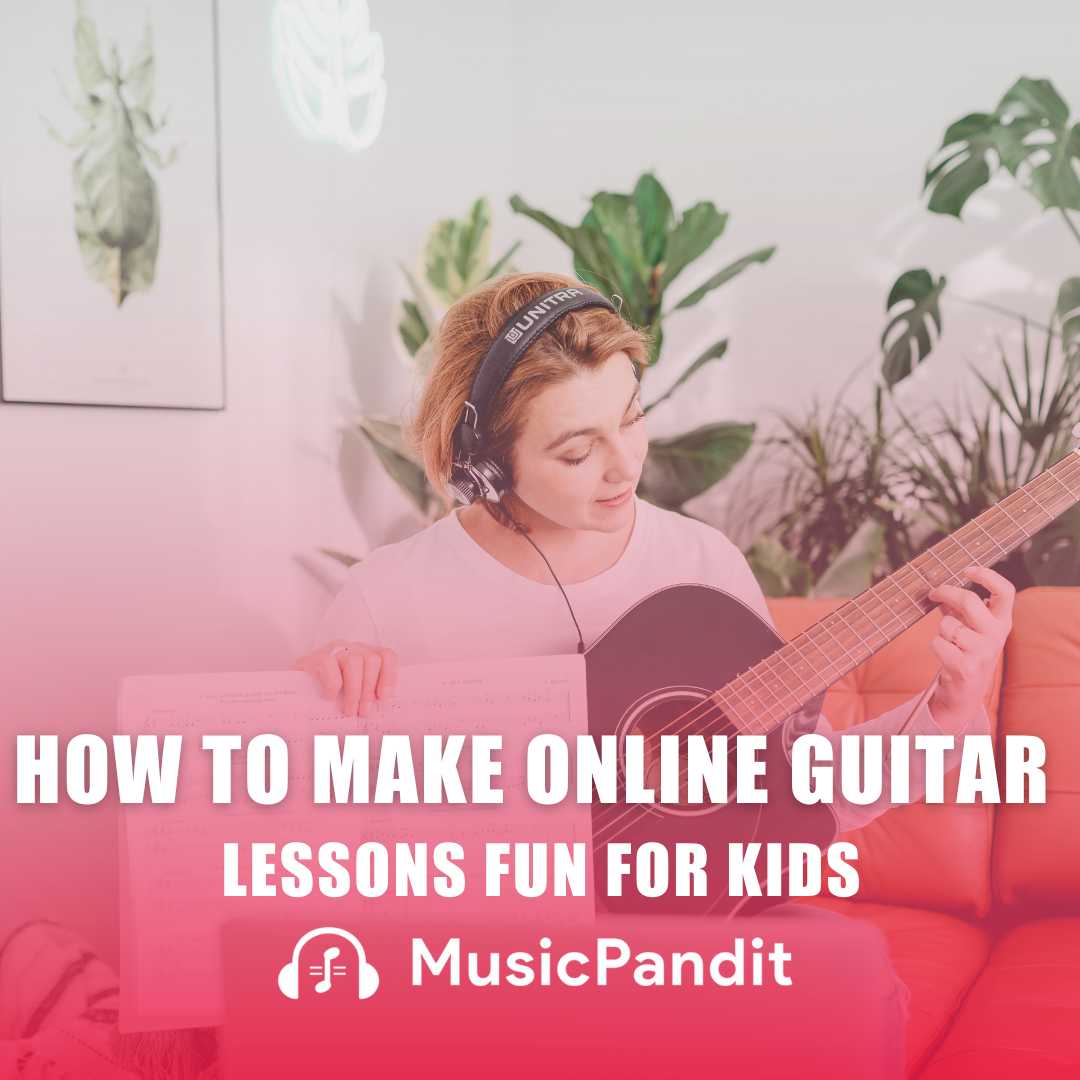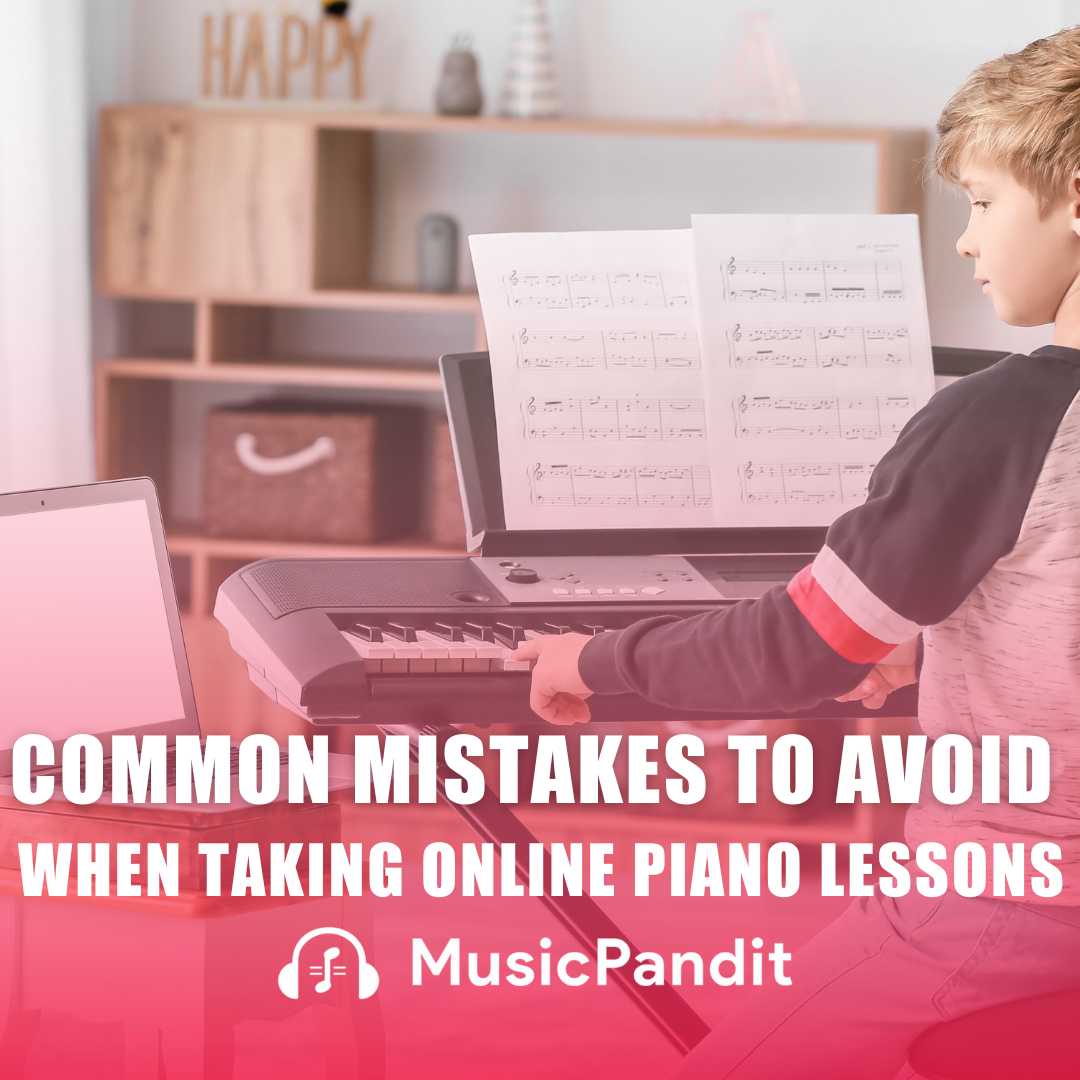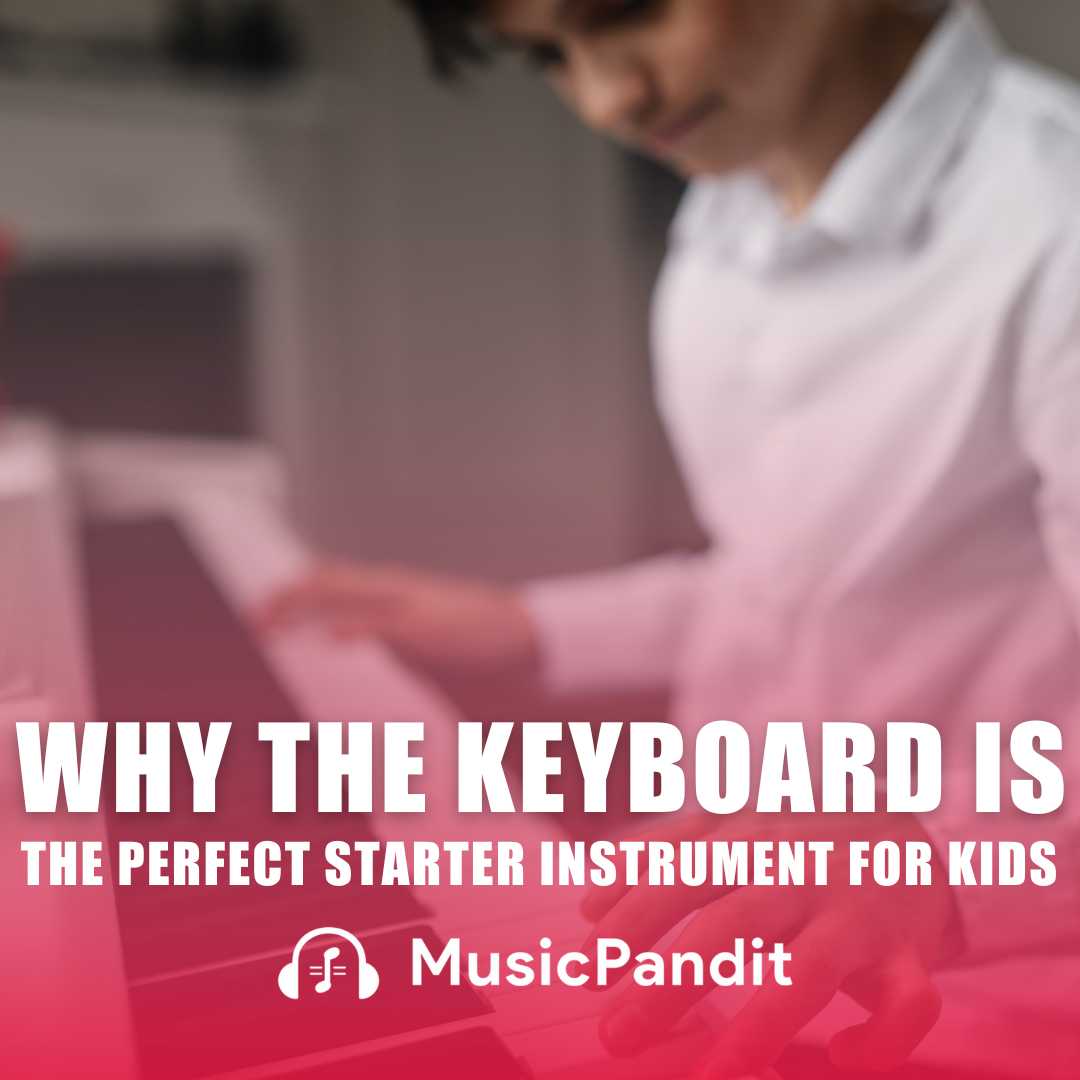In general, we can say that no single instrument is the best to accompany singing. However, keeping in mind your decision regarding which instruments to use for your child, there are few instruments that are typically more effective for combining with singing.
Perhaps the most obvious choice would be the piano/ keyboard or guitar. While it takes time and effort for students to learn guitar, piano/ keyboard is a brilliant choice as it can be learnt easily. Besides, piano or electronic keyboard is incredibly helpful for creating effective songs and offers an exceptionally diverse range. You can not only play numerous different styles and genres but this instrument can easily pair with all sorts of vocal ranges.
That being said, for parents, if you are considering introducing your young singer to the world of music then choosing the right instrument for them is an important decision that you have to make. This can greatly impact their musical journey. If you are also wondering which instrument to choose, keyboard or piano, well, both offer their own unique benefits. Here, you have to understand which instrument is better suited for your child singer.
In this article, we will explore the advantages and considerations of both instruments to help you make an informed choice.
Benefits of the Keyboard for Young Singers
Portability and Space
The keyboard offers the advantage of portability, making it ideal for families with limited space or those frequently on the move. Keyboards are compact, lightweight, and can be easily transported for rehearsals, performances, or lessons.
Versatility and Exploration
Keyboards often come equipped with a variety of sounds, rhythms, and features that can spark creativity and curiosity in young singers. These built-in options allow them to explore different musical styles and experiment with various sounds, fostering a versatile musical foundation.
Cost-Effectiveness
Compared to acoustic pianos, keyboards are generally more affordable, making them a practical choice for parents who want to introduce their child to music without breaking the bank. Additionally, keyboards eliminate the need for tuning, maintenance, and associated costs.
Advantages of the Piano for Young Singers
Expressive Capability
Acoustic pianos offer a rich and nuanced sound that is unparalleled by electronic keyboards. The touch-sensitive keys of a piano allow for a wider range of dynamics and expression, providing young singers with a deeper understanding of musical phrasing and emotional connection.
Technique and Training
Learning to play the piano can significantly improve a singer’s musicianship skills. The weighted keys of an acoustic piano develop finger strength and dexterity, which can directly enhance their vocal technique, breath control, and overall musicality.
Traditional Music Education
The piano has been a staple instrument in music education for centuries. Learning to read sheet music and understand music theory on a piano provides a solid foundation that can be applied to other instruments and musical endeavours in the future.
Related Read: Pros and Cons of Piano as Your First Instrument
Keyboard vs. Piano: Key Differences
Here’s a table comparing the main differences between a piano and a keyboard:
| Piano | Keyboard | |
| Sound Generation | Acoustic sound produced by strings | Electronic sound produced by speakers |
| Keys | 88 weighted keys (standard) | Varied number of keys (typically 61 to 88) |
| Touch Sensitivity | Keys respond to varied touch pressure | Keys may or may not have touch sensitivity |
| Size | Large and bulky | Compact and portable |
| Weight | Heavy | Lighter |
| Pedals | Three pedals: sustain, sostenuto, and soft pedal | May have one or none |
| Sound Variety | Limited to piano sound | Wide range of sounds and instrument options |
| Cost | Generally more expensive | Can be more affordable, but varies with models |
| Skill Level | Suitable for all skill levels | Suitable for beginners and intermediate players |
| Purpose | Primarily used for classical music | Versatile for various music genres and styles |
*It’s important to note that the above table represents general characteristics, and there can be variations among specific models of pianos and keyboards.
Considerations for Young Singers
Personal Preference
It’s crucial to involve your child in the decision-making process. Let them explore both instruments and consider their own preferences. Their enthusiasm and interest in the chosen instrument will fuel their motivation to practise and excel in their musical journey.
Vocal Health
Singers should prioritise vocal health and avoid excessive strain or tension. Ensure that the chosen instrument does not require uncomfortable postures or exertion that could potentially impact their vocal performance negatively.
Instruction and Support
The guidance of a qualified music teacher or vocal coach is essential, regardless of the chosen instrument. Seek professional advice to ensure that the chosen instrument aligns with your child’s musical goals and aspirations.
Conclusion
Ultimately, the choice between a keyboard and a piano for young singers depends on various factors such as portability, versatility, expressiveness, technique development, personal preference, and vocal health considerations. While the keyboard offers convenience and affordability, the piano provides a deeper understanding of music and enhances vocal skills. Regardless of the instrument chosen, providing your child with a supportive and nurturing musical environment is key to their growth as a singer.
Remember, every young singer is unique, and what matters most is cultivating their passion for music, fostering their love for singing, and providing them with opportunities to explore and express themselves through the instrument of their choice.
By making an informed decision based on these considerations, you can help pave the way for a fulfilling and enriching musical journey for your young singer.















